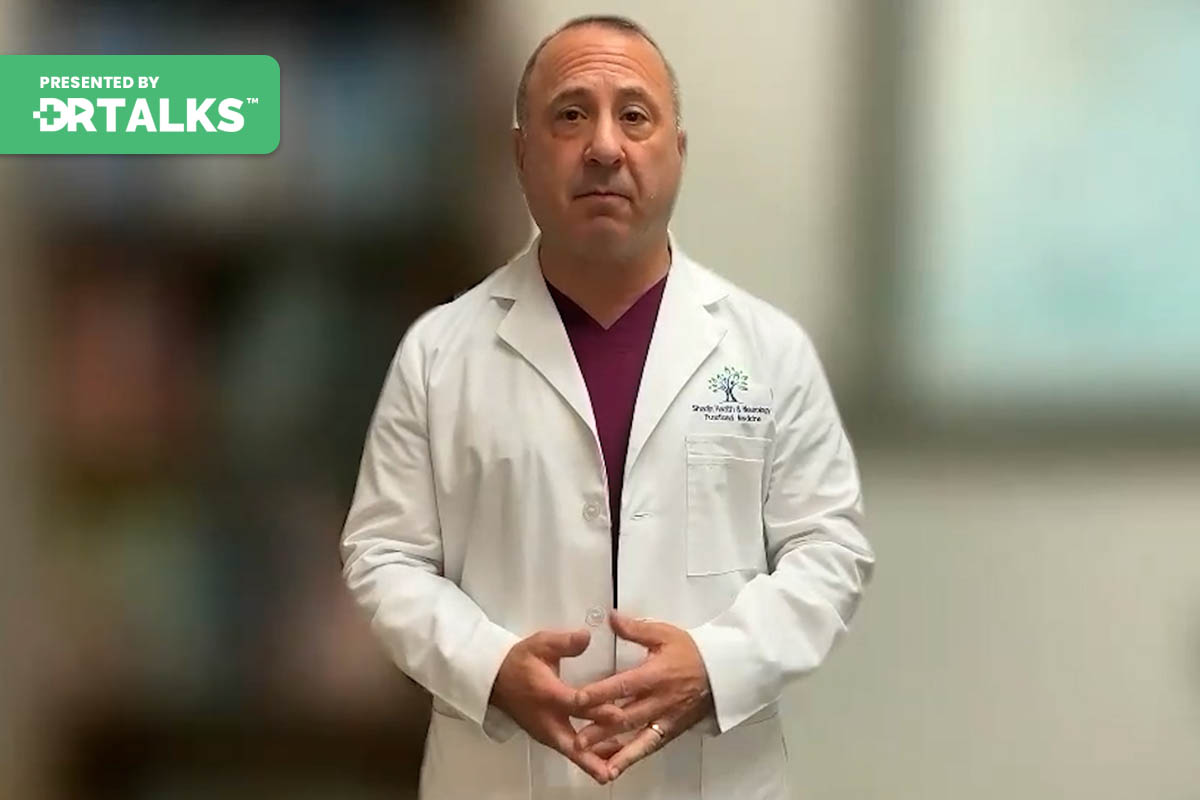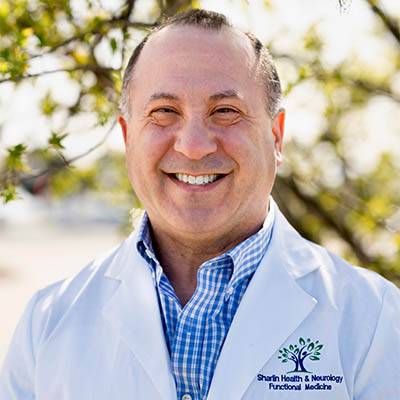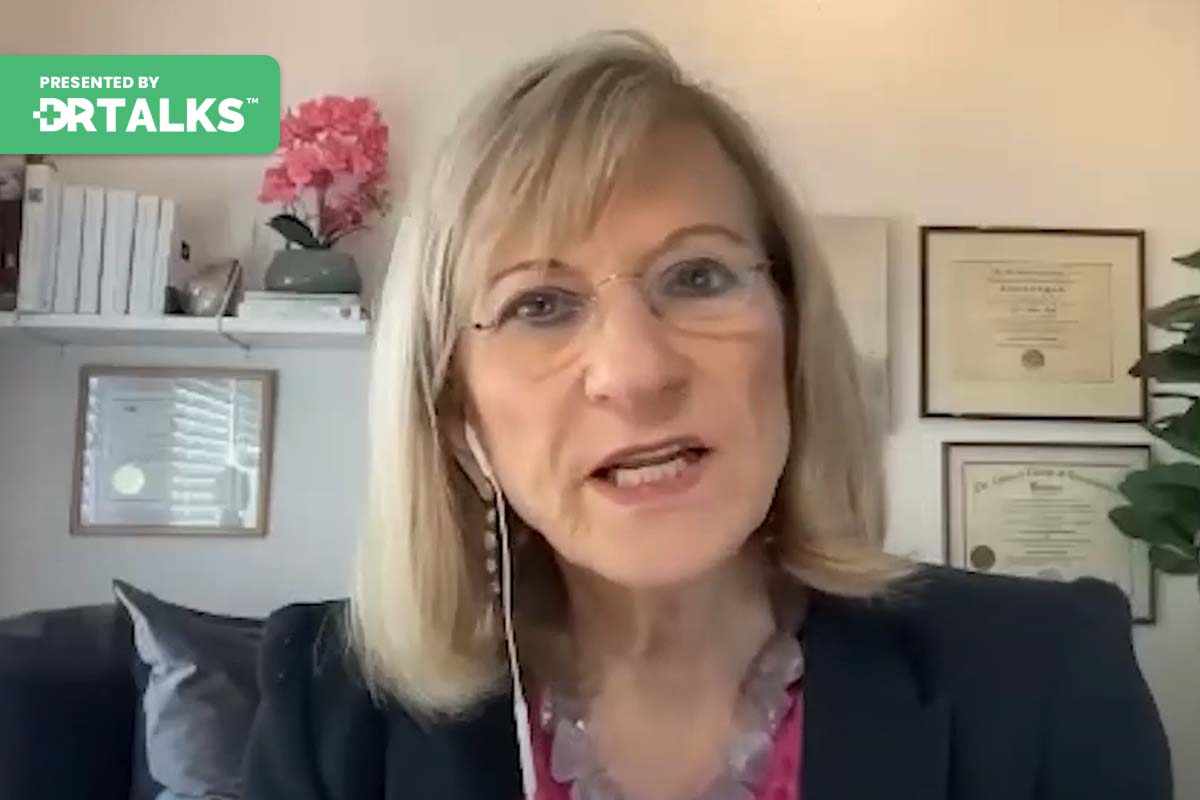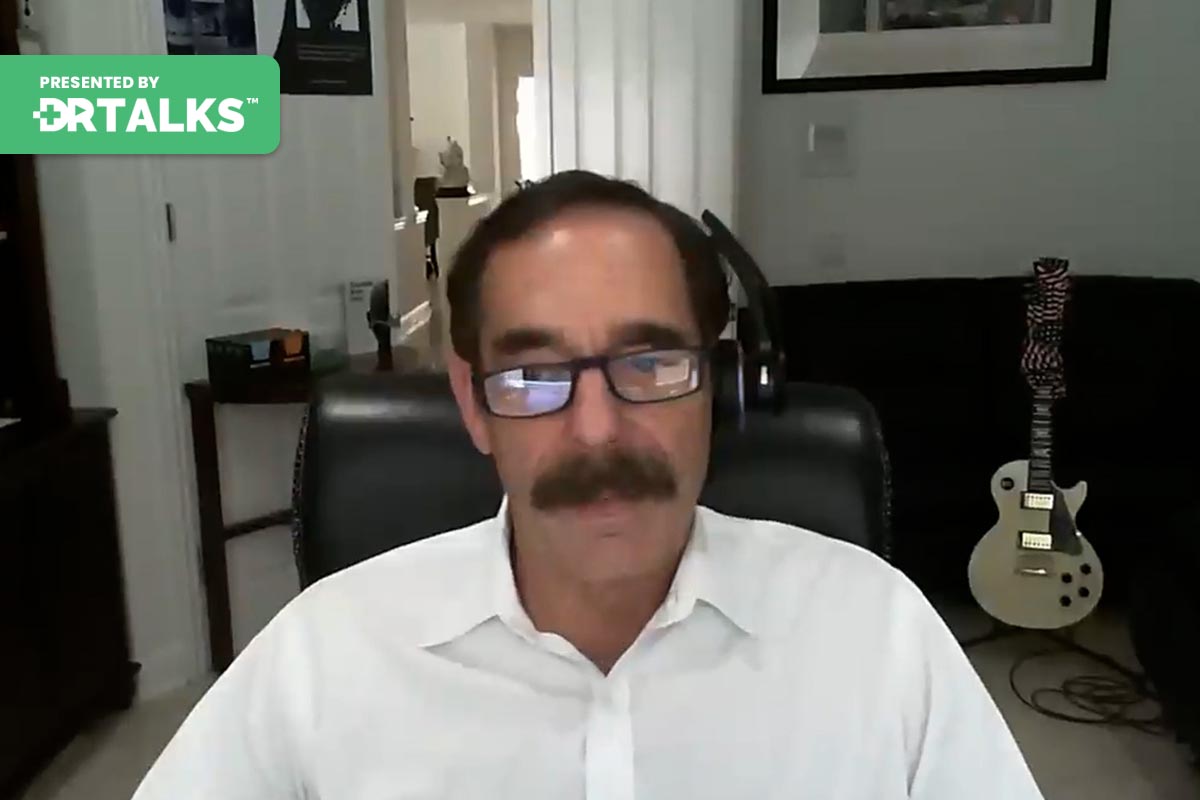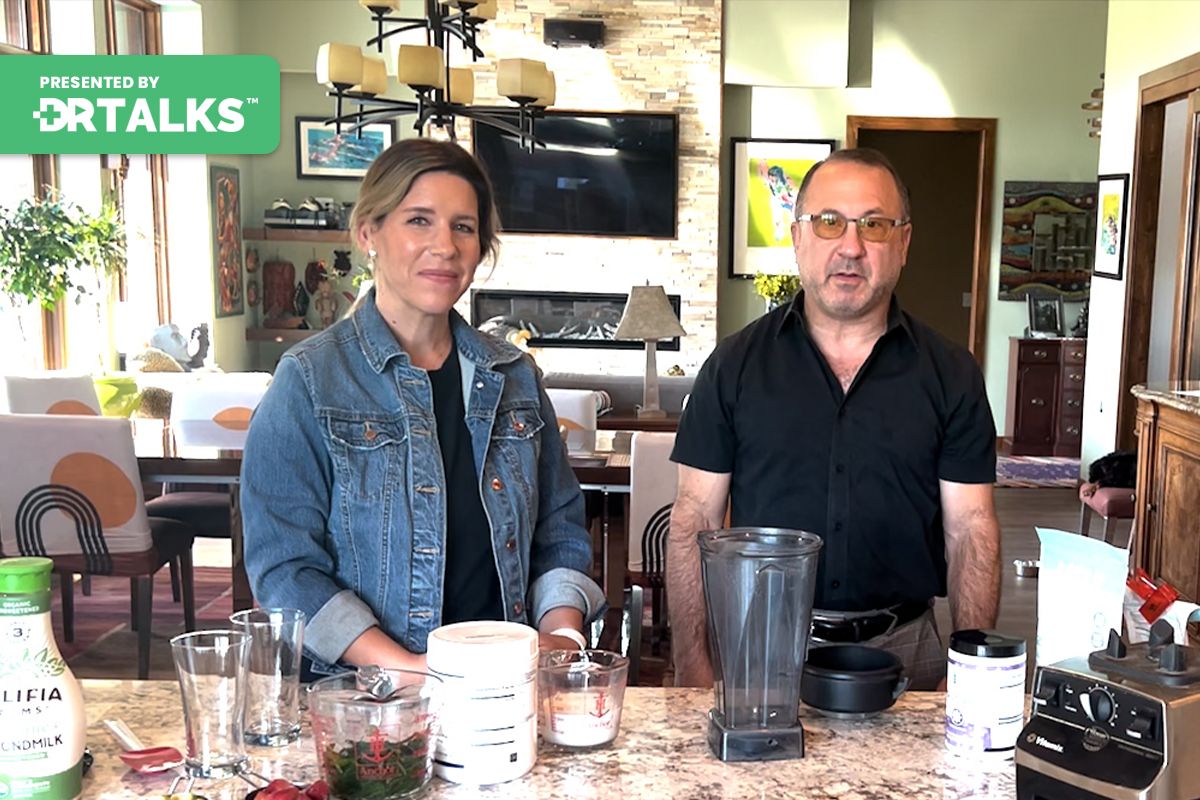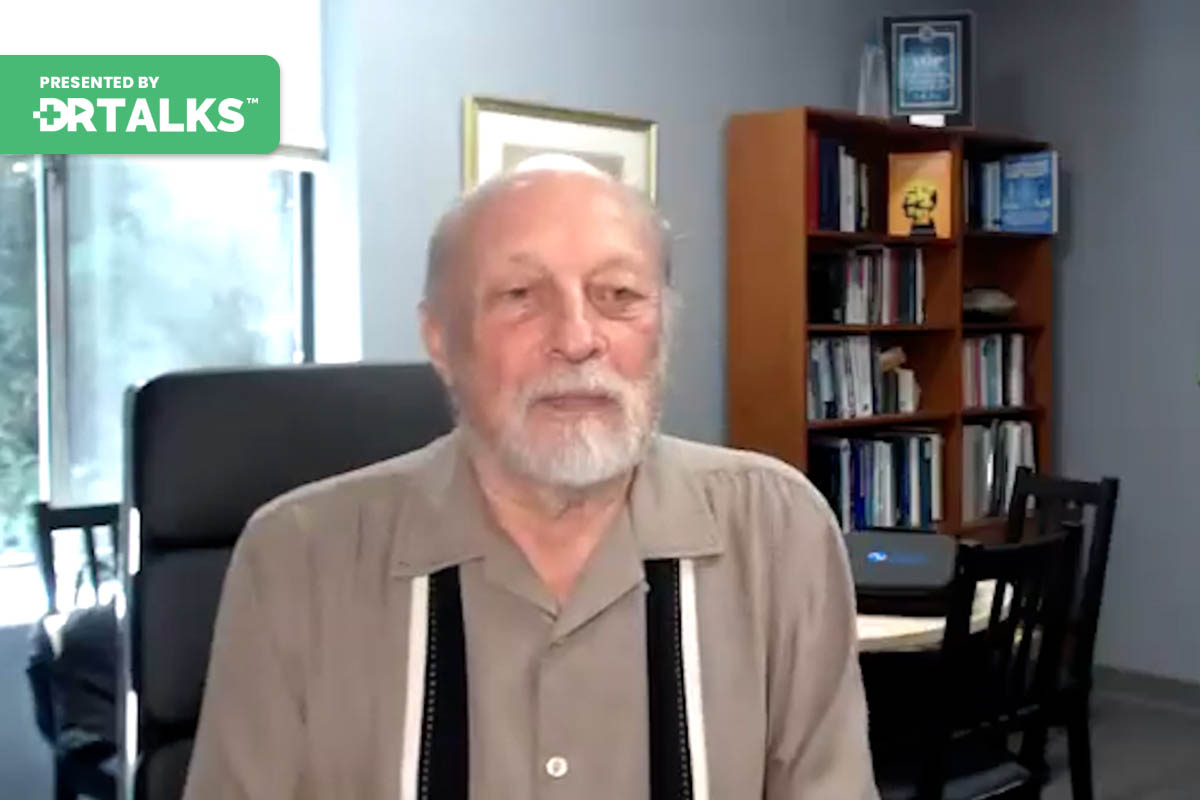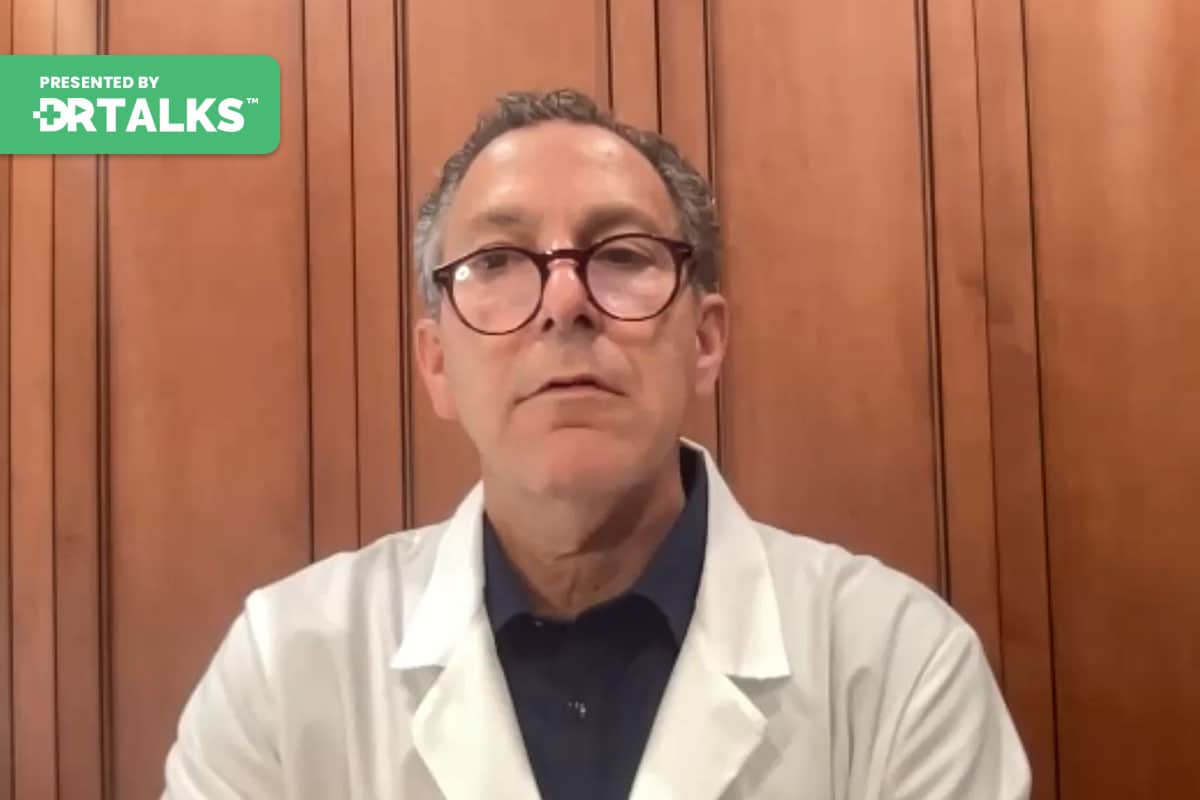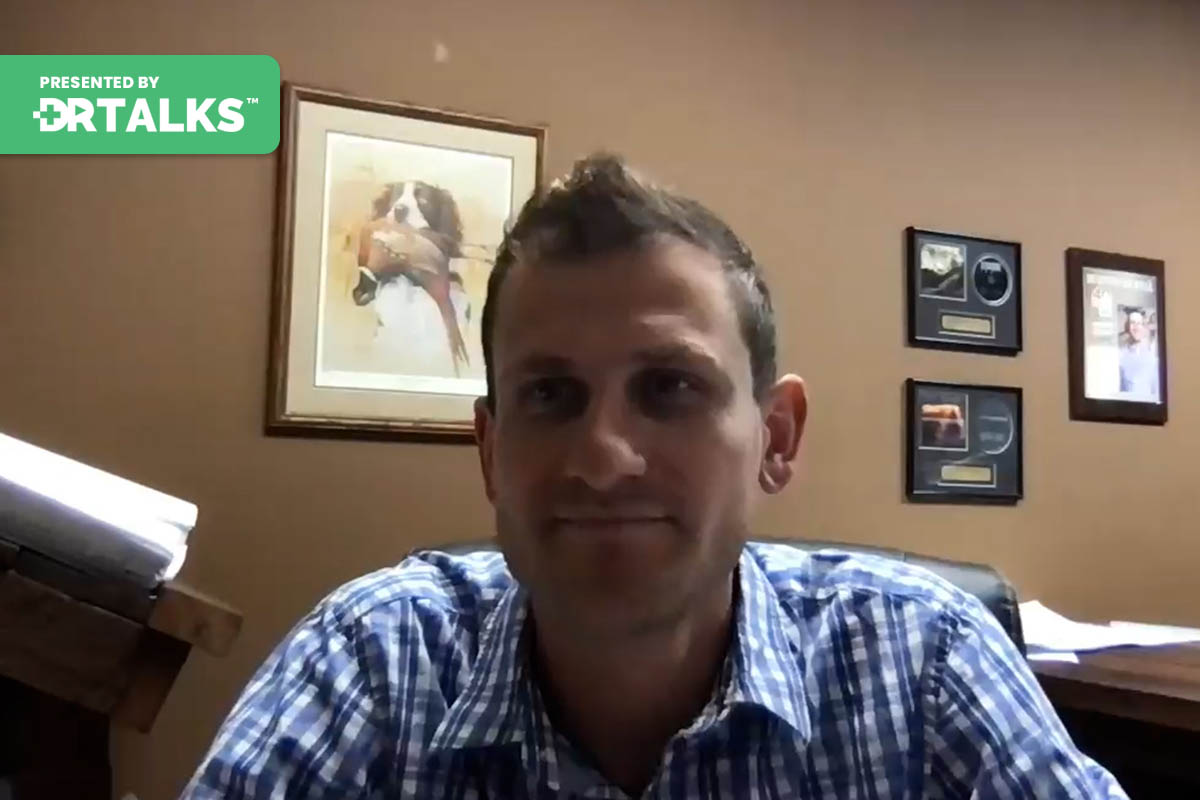Join the discussion below
- Understand the essential features of an ideal aging-in-place home
- Learn the benefits of designing a home tailored for aging gracefully
- Gather insights into Dr. Sharlin’s personal approach to creating a comfortable aging environment
- This video is part of the Natural Parkinson’s Solution Summit
Related Topics
Als, Alzheimers, Brain Tuneup Program, Cellular Health, Cognitive Decline, Control Of Condition, Disease-centered Care, Exercise, Functional Medicine, Healthy Aging, Home Modifications, Independent Living, Interviews, Lifestyle Medicine, Multiple Sclerosis, Neurological Conditions, Neurology, Neurology Practice, Nutrition, Outcomes, Outcomes Tracking, Parkinsons, Parkinsons Management, Parkinsons Solutions, Progressive Dementia, Regenerative Medicine, Reversal, Reversal Of Cognitive Decline, Sleep, Sleep Quality, Solutions Summit, Speakers, ToolboxKenneth Sharlin, MD
Hi. I’m Dr. Ken, Sharlin. And I want to welcome you to the Parkinson’s Solutions Summit. This is the very first year we’re putting on this exciting event for folks affected by Parkinson’s, their friends, and loved ones. There will be some practitioners participating in the summit, but our main goal is to bring information, including action steps to you, to the people who are affected by Parkinson’s. So I’m going to start with a little bit about myself because some of you watching this summit may not have heard about me and what we are doing here in Ozark, Missouri.
I’m the chief executive officer and neurologist at Charlotte Health and Neurology in southwest Missouri. We’re located near the city of Springfield, which is the third largest city in the state of Missouri. Now, I opened this practice in 2015, and it’s grown a lot since that time. But the idea of starting Charlotte in health and neurology is that we wanted to bring to the world a new way to approach neurological conditions. You know, many of you watching this summit probably have your own neurologist and they work very hard to take care of you. But as I often say in the clinic, the typical toolbox in the practice of medicine in the Western world generally includes treatment with a drug, some sort of intervention. And sometimes that’s an injection of some kind or, you know, a procedure and then ultimately a surgical intervention. Sometimes your doctor may refer you to a therapist such as physical or occupational therapy or speech therapy, and these allied health professionals are also extremely helpful.
But our toolbox is limited, and for the most part, what Westernized medicine asks of us as patients is really to just show up and to more or less do what the doctor asks us to do. Take this medicine, take your Levodopa and Carbidopa or Sinemet, for example. And there is a lot of value in this treatment. But at the same time, our goal in the Parkinson’s Solutions Summit is to show you that the toolbox is actually much bigger and that you have the power to really make a difference in your own care, to integrate principles that go beyond the drugs, the surgeries and the interventions, to really change the trajectory of your Parkinson’s disease. This is what we’ve been doing at Charlotte in Health and Neurology for the last eight years, and we call what we do within the context of functional and regenerative medicine our brain tuneup program. People come from all over the United States to Ozark. There are people that come from around the world, outside of the border of the United States, to work with us. So, again, what we’re trying to do, ultimately, is to change the trajectory of whatever neurological condition is affecting that person. We work with many people who have Parkinson’s. I also see people who have Alzheimer’s, ALS, many people have multiple sclerosis. What’s really important here to understand is that our goal, first of all, is to work with you as an individual. Yes, we have to treat the disease and we call that disease-centered care. But we also have to get to know you. What are your values? What is important to you? Why do you wake up in the morning and what do you wake up for? Because when we begin to understand those motivators, that’s when things really seem to change, that we can take the principles of lifestyle and functional medicine and regenerative medicine and show you how you can take those principles and really internalize them and make them part of who you are. Now, ultimately, everyone is interested in outcomes. Ideas are great, but unless they’re implemented, unless they really make a difference in people’s lives in your life, for example, then they’re just ideas on the table. So a big part of what we do then is to track our outcomes.
So we have a patient like John that I saw the other day, and he’s been working with us for several months now. When he started off his journey, he was already on levodopa carbidopa, but he’s worked with us. We’ve worked on nutrition, we worked on exercise and improved the quality of his sleep. We took a deep dive into his cellular health and made changes. He’s made those changes. He’s worked with our entire team. And in my last conversation, he said, you know, I don’t really see how this levodopa carbidopa is helping me now. It doesn’t seem to really make a difference whether I take the medicine or not. Not because he’s doing poorly, but because he’s doing so well. So we ended our discussion with, why don’t you take a break from the medicine? We may have to come back to that. But my suspicion is the things that you’ve implemented in your life and again, we’ve tracked over time to make sure there have been measurable improvements. Tell me that this patient does not need to be on his medicine right now.
Now, that’s just one example of the many people we’ve helped. If you happen to know someone who has Alzheimer’s disease, I was part of the team of researchers that published one of the largest case series ever of reversal of cognitive decline in individuals affected by that type of progressive dementia. So buckle your seatbelt and let’s go for a ride together. I’m really looking forward to all the interviews that we have in store for you in the Parkinson’s Solutions Summit. I’ve met some really terrific people who’ve influenced my way of thinking. You know, it’s part of the journey of the summit, and I’m going to take some of those principles and integrate them into our Brain Tuneup program. I hope you find this experience just as valuable, and hopefully, next year when we bring the Parkinson’s Solutions Summit 2 back to you, we’ll have even more wonderful speakers and more information for helping those affected by Parkinson’s really change their trajectory and know that they can be in control of their condition. So, Dr. Sharlin, again, welcome. Sit back and enjoy the ride and we’ll talk again soon.

